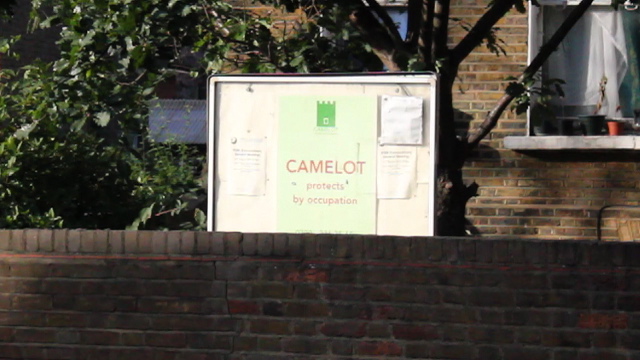The term, New Metropolitan Mainstream, brings together different processes leading towards an increasing economization of urban life: gentrification, urban regeneration, forced upgrading of neighbourhoods, luxury transformation of entire inner city areas, privatisation of public goods and spaces, instrumentalisation of flagship projects and international events in order to attract international investments and people with a high income.
Was the financial crisis the end of the New Metrolitan Mainstream? It seems it was, at least for the investment in prestigious cultural flagship projects in the US.
A study of the Cultural Policy Center, University of Chicago found out: 80% of new or refurbished buildings of the period 1994-2008 were a product of completely wrong calculation. Some museums had to close down only a few years after their opening. Many concert halls and theatres have huge problems surviving. The “Bilbao” Effect did not take place. And the amount of new buildings in the cultural sector is far beyond new hospitals or educational institutions.
Click PlanA for more blogs on urbanism, planning and architecture.
Or visit our project pages on London Olympics 2012 and Eco Towns and Villages for more information and videos on urbanism, planning and architecture.
Spectacle homepage
Add Spectacle Documentaries on Facebook
Follow SpectacleMedia on Twitter



